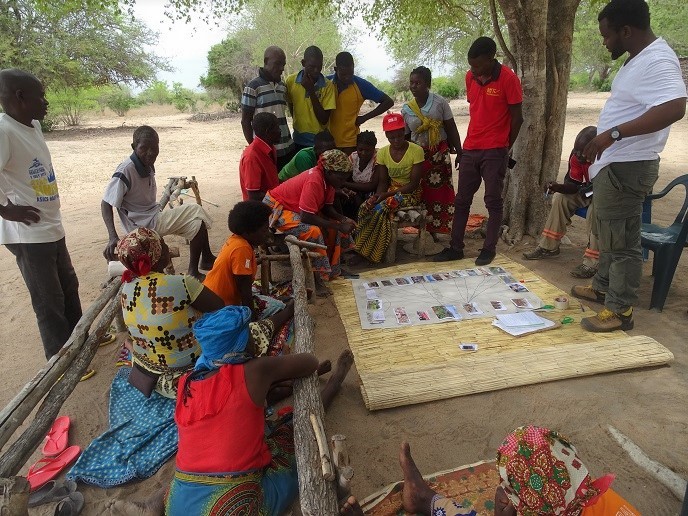Setting the stage for a climate services market observatory
There is now an abundant supply of climate-related data, tools, products and services within society. But just how effectively this influx of skills and knowledge currently serves decision-making in public and private sectors, is unclear. The industry suffers from a lack of visibility and transparency, and an imperfect match-up between those who supply climate information, and those who need it. Yet in the face of climate change, drastic action is needed urgently. Any climate-related services should therefore be adopted by society as efficiently as possible. This requires an initial widespread understanding of the entire climate services market, and an understanding of its possible evolution and growth. This is where the Horizon 2020-funded MARCO project comes in. MARCO gathered together market research firms, climate scientists, climate service practitioners and innovators – along with other relevant stakeholders – to build up a detailed profile of the climate services industry across the EU. Assessing the scene “While MARCO did not focus on individual, specific climate services, one of the core components of the project was a trailblazing series of case studies," explains Dr. Thanh-Tâm Lê, Climate-KIC Director for the Mediterranean. Each of the studies focused on a particular sector in a given geographic area: real estate in Copenhagen; mining at EU level; legal services in London; renewable energy in Denmark; water supply and sanitation in Catalonia; critical energy infrastructures in Germany and Poland; forestry and agriculture in France; urban infrastructure in Munich, and tourism in Austria. The project consisted of market research from multiple perspectives as well as qualitative and quantitative methodologies. However, the end goal was to assess the opportunity for setting up an observatory of the market of climate services, which may one day be centred on a web interactive platform. The project identified areas of great potential for market expansion of climate services within the European Union: some of the biggest growth opportunities are in Central and Eastern EU Member States. MARCO research also found that while some sectors already benefit from a substantial offer of climate services today, others are very likely to emerge more strongly in the next few years (e.g. health, forestry, tourism and energy infrastructure). Better links between public and private providers are important for developing more advanced climate services, the project found. And the development of more advanced or sophisticated climate services on seasonal to decadal time scales might provide further market opportunities. The team believes providing market players with an updated and active repository will be key to increasing the visibility of providers and purveyors, and to allowing interested end-users to easily access information on the climate services relevant to them. MARCO advocates strengthening and harmonising climate resilience legal frameworks, as well as tracking climate finance schemes and investments in both public and private domains. A complex landscape “MARCO was a ground-breaking attempt to study, map and analyse the complex, heterogeneous, market for climate services. This was all the more challenging as it is still maturing and fast-evolving,” says Dr Lê. “It was also a thrilling human experience,” he adds, “gathering experts from very different backgrounds, with sometimes markedly contrasting convictions. This certainly generated some tensions and differences, but also lively, innovative cross-perspectives.” The MARCO team is now pushing for a coordinated platform, combining features of an observatory and a community support platform, articulated with other existing and upcoming instruments (Copernicus Climate Change Service, Climateurope, national platforms), to fully enable the market for climate services within the EU.
Keywords
MARCO, climate change, market research, climate services, climate observatory







